From Idu Jude, Abuja
As the world prepares for the 2025 United Nations Climate Change Conference (COP30) in Belém, Brazil, Nigeria and other African nations have been advised to abandon the habit of soliciting climate aid and instead position themselves as prime destinations for green economy investment.
Professor George Nwangwu, Director-General of the Global Centre for Law, Business and Economy (GCLBE) and convener of the Africa Climate Forum, said in an exclusive interview with The Sun that the Federal Government should use COP30 as a platform to attract serious investors rather than request grants that may never be fully utilised for their intended purposes.
“No European or American country will bring money to finance climate action in Africa without getting something in return.
“Africa should always market its potential for the green economy rather than beg for funding”, Nwangwu declared.
He noted that the global political and economic climate had shifted, with aid flows from developed nations shrinking and donor countries focusing more on their domestic priorities. “Historically, every country is naturally selfish in how it wants to achieve its goals. The Trump administration changed the narrative, and European nations are also cutting aid. Nobody is giving anything for free anymore,” he said.
According to him, Africa’s climate diplomacy has been too focused on blaming the global North for climate change and demanding compensation, while ignoring the enormous investment opportunities that could arise from climate challenges. “Even if they bring money, it will never be enough for a green economy revolution. Africa must position itself as a business partner, not a perpetual aid recipient,” he argued.
Highlighting Africa’s abundance of solar resources, Nwangwu lamented that the continent still relies on imported solar panels. “We have the greatest sunlight on the planet, yet solar panels are not manufactured here. Everything is imported. Why can’t we set up manufacturing plants in Africa and benefit from the value chain? The minerals for solar batteries are here, yet they’re exported for processing abroad,” he said. He added that just as American and European firms manufacture in China for economic reasons, global companies could be encouraged to build production hubs in Africa, bringing technical know-how, jobs, and sustainable growth.
Nwangwu stressed that both government and the private sector must play their parts. “It’s not only about government action. The private sector must identify and invest in opportunities. The process of accessing climate financing is complex; people need capacity building to navigate it. That’s a gap we must fill so that the private sector can access funding and deliver results,” he explained.
He also endorsed President Bola Tinubu’s “Buy Nigeria” policy, calling on public agencies to prioritise local products, even if slightly more expensive than imports. “If the Rural Electrification Agency has contracts, they should be compelled to buy made-in-Nigeria products. The idea is to strengthen local manufacturing so that products currently imported from countries like China can be made here,” he said.
Nwangwu said the event will continue the drive to reframe Africa’s climate agenda from dependency to leadership. The forum will include discussions on crafting a unified African position on climate action, opportunities for innovators to showcase renewable energy and electric mobility solutions, and spaces for entrepreneurs to present cutting-edge ideas in climate adaptation and mitigation.
“Our last forum was titled ‘Africa from Dependency to Leadership’. That is the trajectory we are pursuing. We want Africa to meet its climate obligations by leveraging both the risks and the opportunities of climate change,” he said. He urged African leaders to approach COP30 with a clear business proposition. “Instead of saying, ‘Give us money,’ we should be saying, ‘This is what we have, come and invest.’ Africa is open for business, and the green economy offers better returns than charity”, he noted.



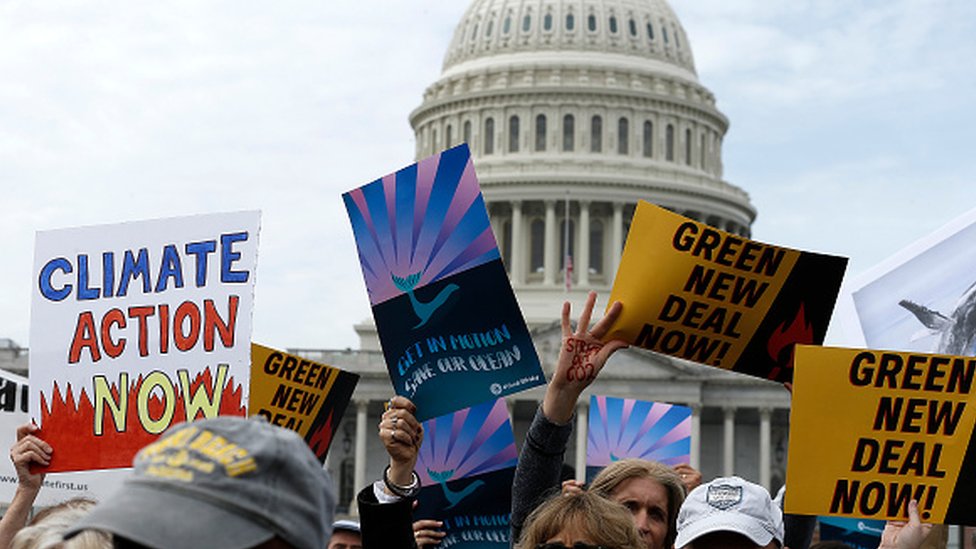


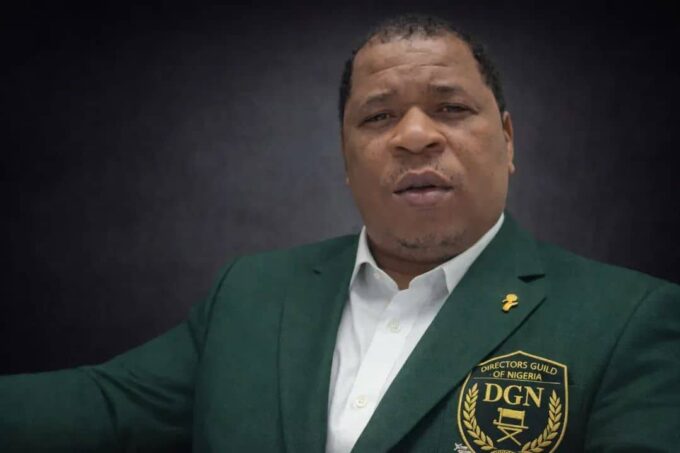



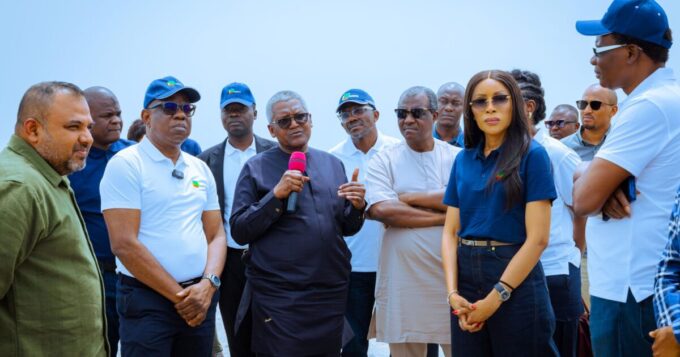
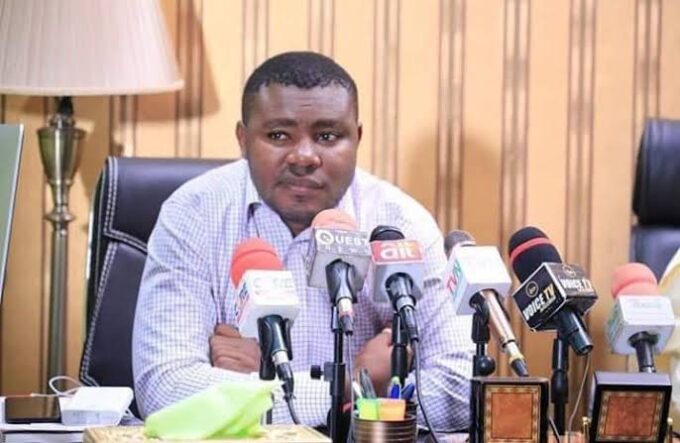
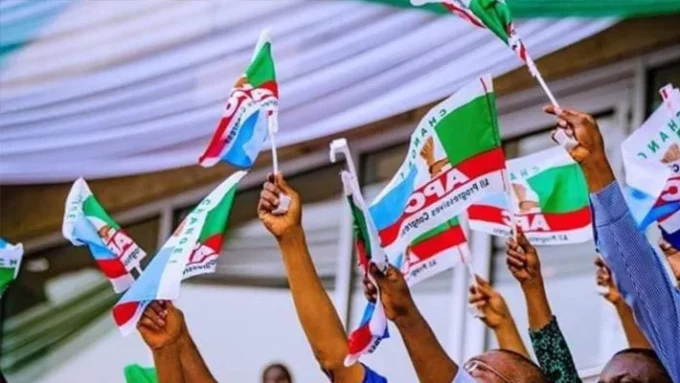




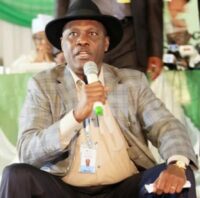
Leave a comment